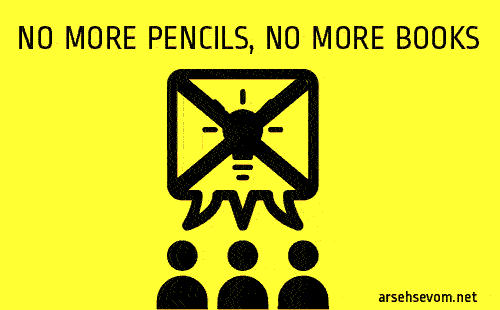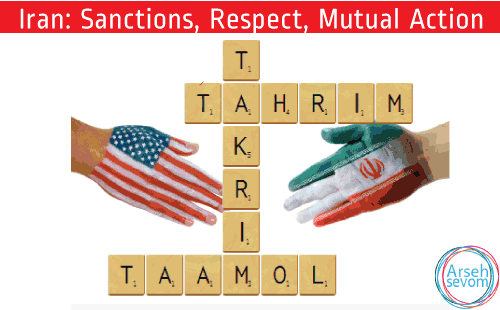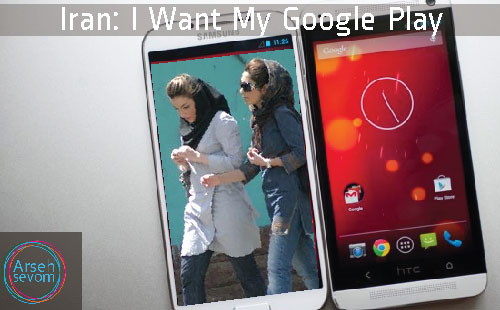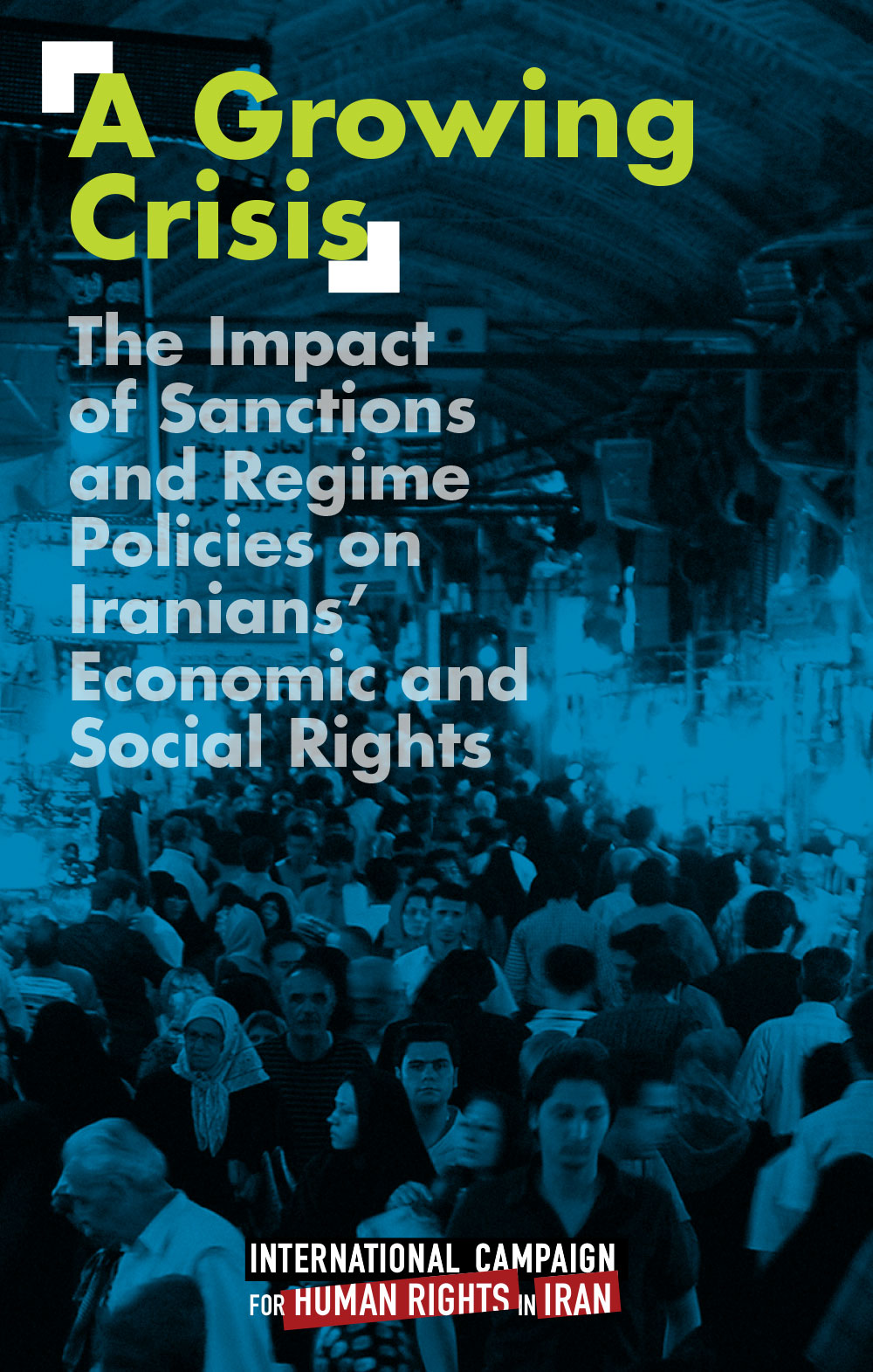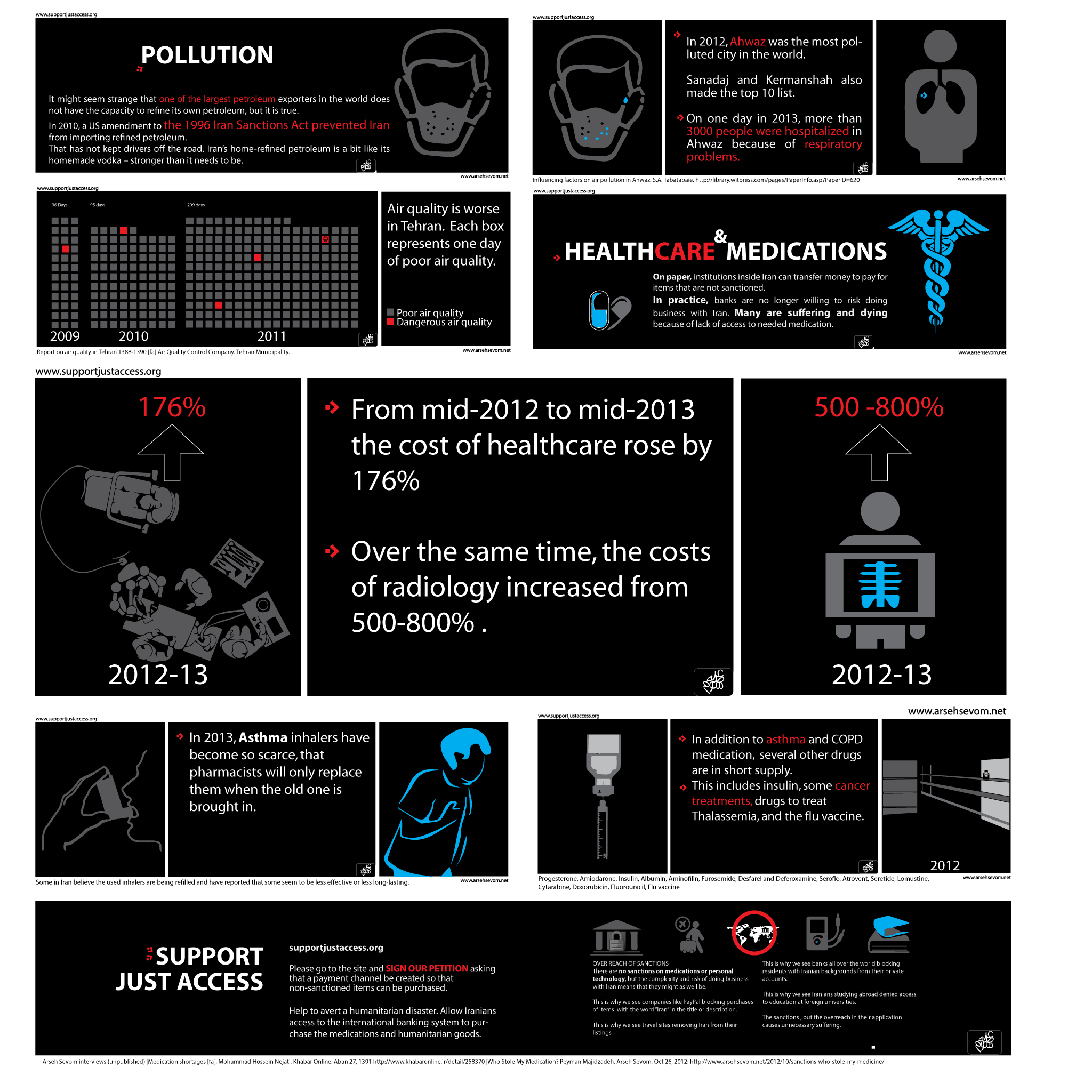
Infographic–Inflation, Shortages, & Sanctions in Iran
November 18, 2013Arseh Sevom — No more pencils, no more books for students of Coursera living in sanctioned countries. This week, the online education service, Coursera, was blocked in Iran, Syria, Sudan, and Cuba as a result of US sanctions law prohibiting services to those countries. One professor sent a letter to his students expressing his frustration with the law, stating:
“Few things illustrate the bone-headedness, short-sightedness, and sheer chauvinism of the political structure of the United States better than the extent to which its ideologues are willing to go to score cheap domestic political points with narrow interests in the pursuit of a sanctions regime that has clearly run its course.”
Global Voices has more on the effects of the block on students in Syria. They quote the remarks of one Syrian student who wrote:
Someday, the war will end, and we will come back to our homes and our former lives to contribute to the reconstruction process in our country. To do so, we need to learn new skills, and this could only be achieved through continuing education.
Coursera is working with the US Government to re-establish service in the blacked countries. In a comment on Facebook Coursera wrote:
“…we are taking every step necessary to work with the government to restore access. In fact, just today, we restored access to Syria, with more to come soon. Thank you!”
A US Treasury spokeswoman states:
“While we will not comment on specific licenses, generally speaking, OFAC has a long history of licensing U.S. academic and educational institutions to engage in exchange programs in third countries as well as to provide certain in-country and online academic and educational training programs in the past.”
We hope to wake up tomorrow morning to news that service has been restored in all the sanctioned countries. In the words of one of our favorite civil society activists, “Information is like jewelry.”


